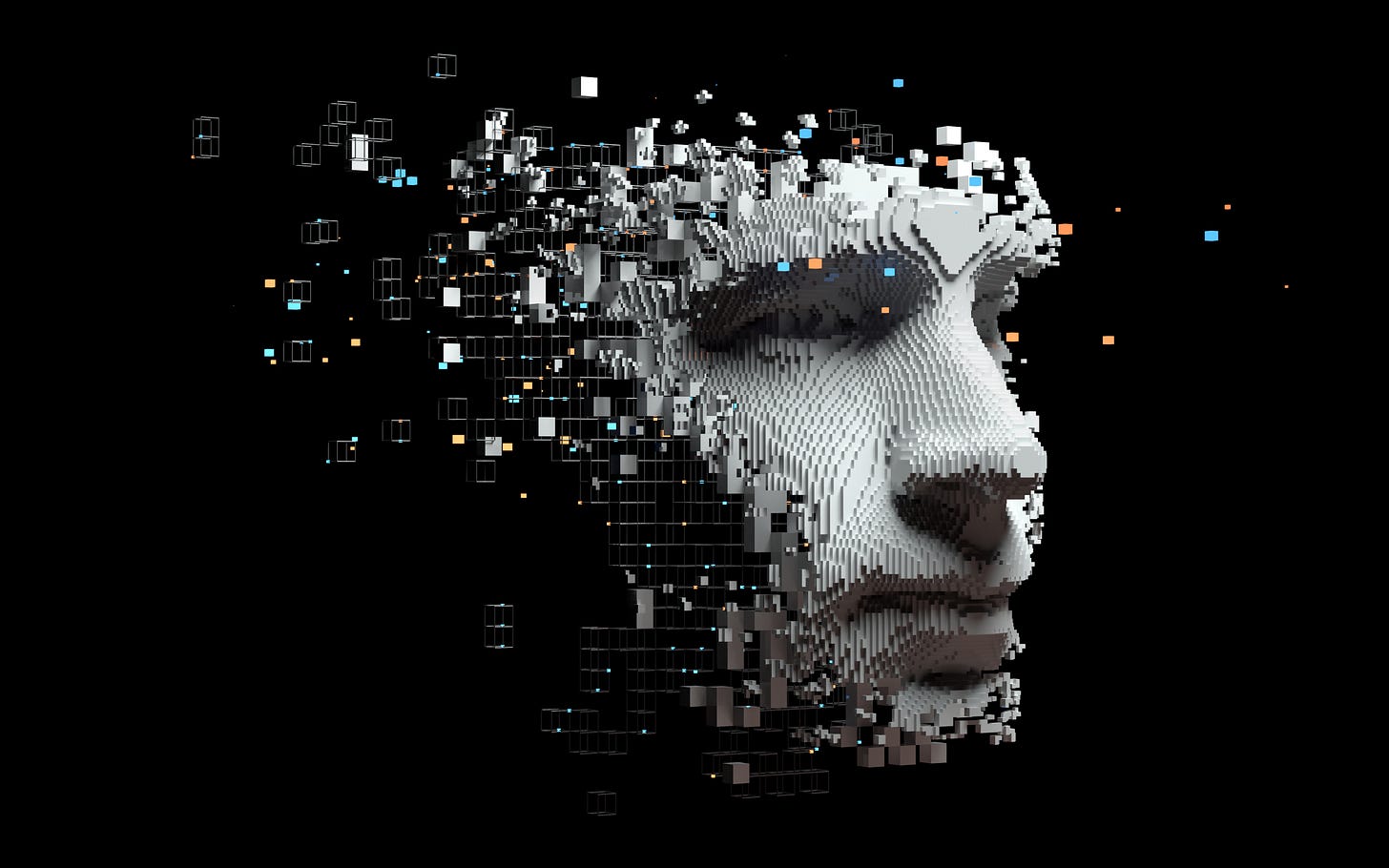As a person with a Master's and PhD in Artificial Intelligence, I feel that this is an important topic to cover. When I started working on AI twenty years ago, I was confident that the time would come when Artificial Intelligence would surpass human intelligence. It was only a matter of time and computational capacity.
Artificial Intelligence (AI) has ma…
Keep reading with a 7-day free trial
Subscribe to The Modern World to keep reading this post and get 7 days of free access to the full post archives.


